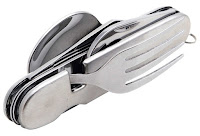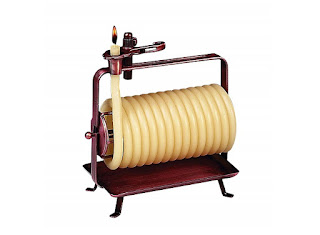Travel Around the World?

Today, I read an article by the New York Times talking about the cost of travel to the environment. (Check it out here) Basically, it doesn't speak about your commute to the grocery store kind of travel but rather the travel one takes for vacation or business. From worse to the worst are as follows: car, plane, boat/cruise. One of my goals is to see the world, become as cultured as I can. I had plans to take a 2 week trip in Europe in the next few years. This article made me think, can I give that up? Even my plans to move to Washington seemed unfair to the planet. Driving back home, Texas and Wisconsin, is hard enough as is from Colorado. I had planned to fly back for holidays, Christmas and Thanksgiving. This article has put me on the precipice of sacrificing 2 somethings important to me. The thought came up that those things, Europe and family, could be gone tomorrow. Even though that is possible, it's n...





